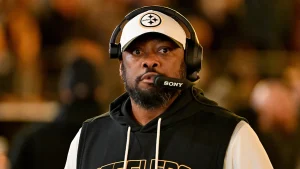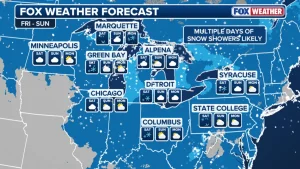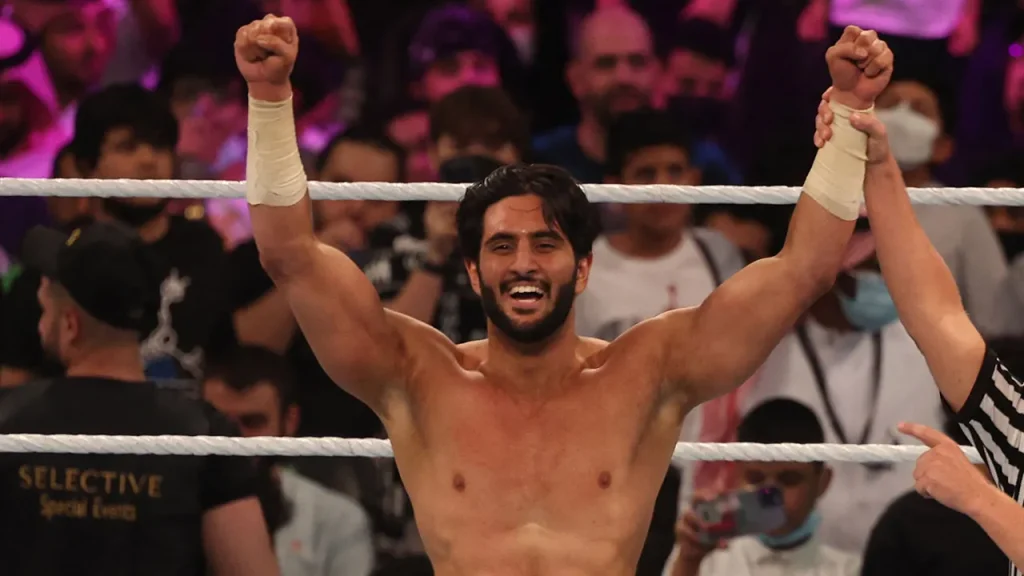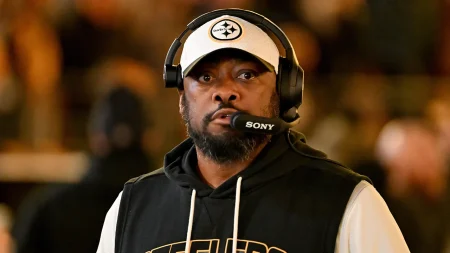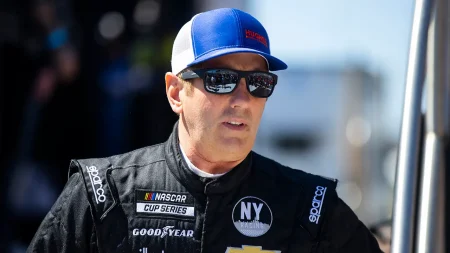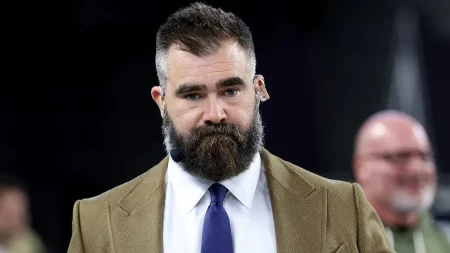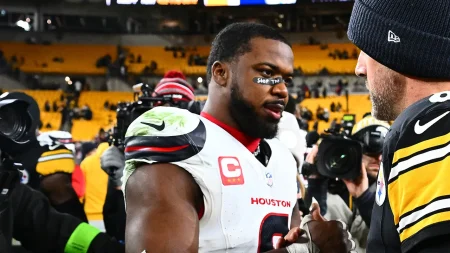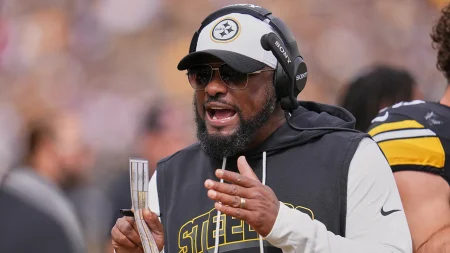Pro Wrestler Mansoor’s Controversial Social Media Post Stirs Reaction Following Political Events
In a moment that blended professional wrestling with political commentary, Saudi Arabian-born wrestler Mansoor Al-Shehail created waves across social media with a controversial post celebrating both the death of former Vice President Dick Cheney and the election of Zohran Mamdani as New York City’s mayor. The wrestler, known professionally as Mansoor, shared a photo of himself alongside TNA Wrestling star Mustafa Ali while wearing a shirt featuring WWE legend The Great Khali. His caption—”DICK CHENEY IS DEAD AND A MUSLIM IS MAYOR OF NYC WE UP”—quickly drew criticism from various corners of social media for its celebratory tone regarding Cheney’s passing while simultaneously highlighting Mamdani’s historic election victory.
Mansoor’s wrestling career spans several major promotions including WWE, All Elite Wrestling, and Ring of Honor, earning him recognition as one of the top 500 singles wrestlers by Pro Wrestling Illustrated in 2021. His post came just after the announcement of Cheney’s death at age 84 on November 3, 2025. The former vice president, who served under President George W. Bush during pivotal historical moments including the 9/11 terror attacks and the subsequent wars in Iraq and Afghanistan, died due to complications from pneumonia and cardiac and vascular disease, according to a statement from his family. His wife of 61 years, Lynne, and daughters Liz and Mary were reportedly by his side during his final moments.
The political backdrop to Mansoor’s post involved the significant mayoral election in New York City, where democratic socialist Zohran Mamdani emerged victorious against formidable opponents including former New York Governor Andrew Cuomo and Republican candidate Curtis Sliwa. The election had drawn national attention, including criticism from President Donald Trump. In his victory speech, Mamdani, embracing his immigrant identity, directly addressed the president: “New York will remain a city of immigrants, a city built by immigrants, powered by immigrants, and as of tonight, led by an immigrant. So hear me, President Trump, when I say this: To get any of us, you will have to get through all of us.”
The wrestler’s post highlights the increasingly blurred lines between entertainment figures and political commentary in today’s social media landscape. While professional wrestlers have historically maintained public personas separate from their personal political views, social platforms now offer direct channels for performers to express opinions that might resonate with some fans while alienating others. Mansoor’s message appeared to celebrate what he perceived as significant changes in the American political landscape—the passing of a controversial Republican figure who was instrumental in foreign policy decisions affecting the Middle East and the election of a Muslim mayor in America’s largest city.
The reaction to Mansoor’s post underscores the divided nature of the American political climate, where expressions of personal political views—particularly those celebrating the death of a political figure—often generate immediate backlash. The wrestling world itself has become increasingly intertwined with political discourse, reflecting broader societal tensions. The controversy surrounding Mamdani’s election had already reached such proportions that the New York Knicks basketball team reportedly sent a cease-and-desist letter to the mayor-elect regarding his use of their logo, emphasizing that they didn’t endorse his campaign.
While professional wrestling has often incorporated political themes into its storytelling, performers expressing genuine political sentiments outside the ring presents a more complex dynamic for both the wrestling industry and its diverse fanbase. Mansoor’s post represents just one example of how public figures navigate personal expression in politically charged times, where social media amplifies both message and response. As wrestling continues to evolve alongside changing social norms and political landscapes, the boundaries between character and performer, entertainment and activism, will likely remain as fluid and contested as the political discourse they reflect.
